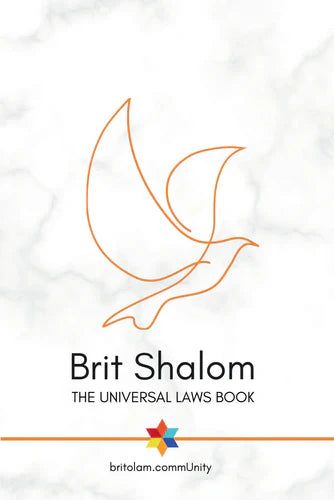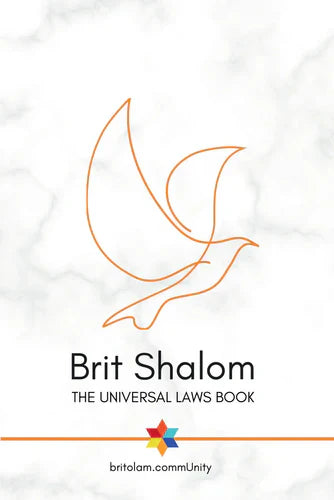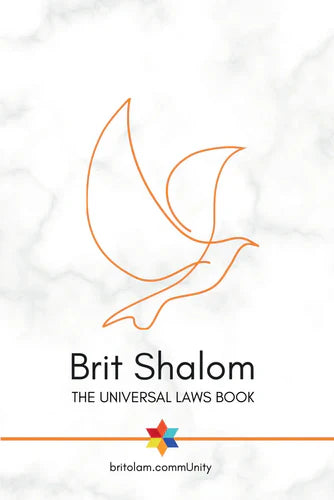We continue our study of the laws of idolatry, which apply both to Israelites and to Noahides. In chapter three of Brit Shalom, paragraph 9, the text addresses specific prohibitions related to idolatry and their punishments.
Actions Specific to Idol Worship:
Although all forms of idol worship are forbidden, punishment is only incurred if the worship is performed in the manner customary to that specific deity.
For example:
- If a person throws a stone to Mercurius (the Roman god Mercury), this act constitutes worship because throwing stones was the customary way of worshiping that idol.
- However, if a person throws a stone to another idol that is not worshiped in this way, it remains prohibited but does not incur punishment.
In contrast, there are ritual actions—such as slaughtering an animal, burning an offering, bowing, and pouring libations—that are universally forbidden and punishable, even if they are not customary forms of worship for a particular deity.
Equality in Judgment:
Another noteworthy point:
"Any form of idolatry for which a Jewish court would impose punishment is also punishable by a Noahide court."
While this principle is theoretical today—since no courts currently impose such punishments—it reflects the equality between Jewish and Noahide laws in this matter.
What is Forbidden to Worship?
It is forbidden to worship "other gods." But who or what falls under this category?
In paragraph 11, the text provides a definition:
"The prohibition applies to worshiping any force, whether spiritual or physical."
Examples:
- Physical Entities:
- Worshiping a mountain, an animal, or any tangible object as a deity (a practice still common in some cultures) is considered idolatry.
- Spiritual Beings:
- Worshiping a spiritual entity that has no physical form but is not the Creator of the world is also prohibited. For instance, one cannot worship an angel, though one may acknowledge its existence.
- Imaginary Beings:
- If a person invents or imagines a spiritual entity that does not actually exist and worships it, this too constitutes idolatry.
- Human Beings:
- Worshiping a person in any of the forms of ritual worship described (e.g., bowing, offering sacrifices, or pouring libations) is also forbidden, even if the worshiper claims that the person is not the Creator but rather a manifestation of the divine.
Refutation of Theological Justifications:
Some might argue, for example, that worshiping a human being who "incarnates" the Creator (a concept found in Christian theology) does not constitute idolatry because they believe the person represents the Creator. However, the text explicitly rejects this reasoning:
- The person being worshiped is a created being, not the Creator, and worshiping them is strictly prohibited, regardless of theological justifications.
Thus, the prohibition against idolatry remains absolute and applies to any form of worship directed toward anything other than the Creator Himself.



